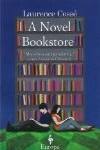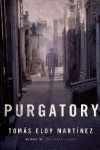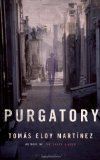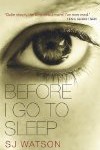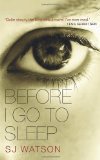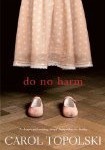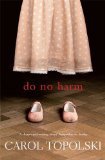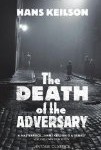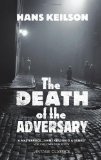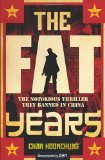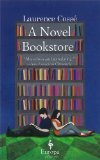 Translated from the French by Alison Anderson
Translated from the French by Alison Anderson
Five words from the blurb: place, books, envy, secret, literary
A Novel Bookstore revolves around a secret committee, established to select the finest books for a new shop. This book shop will not sell new releases, but will only stock books specifically selected by the committee because of their importance and their ability to move and influence the reader.
For as long as literature has existed, suffering, joy, horror and grace, and everything that is great in humankind has produced great novels. These exceptional books are often not very well known, and are in constant danger of being forgotten, and in today’s world, where the number of books being published is considerable, the power of marketing and the cynicism of business have joined forces to keep those extraordinary books indistinguishable from millions of insignificant, not to say pointless books.
A Novel Bookstore is billed as a mystery because members of the committee receive threats and then suffer violent attacks, but anyone looking for a mystery will be disappointed as this aspect of the book is minor and ultimately disappointing.
The main benefit of this novel is that it recommends a large number books to the reader.
Among the books he wanted for The Good Novel were Dernier amour, by Christian Gailly, which, blown away, he mentioned to me; Sous réserve, a first novel by Hélène Frappat; and, among the foreign novels, short stories by Roberto Bolano. Francesca liked Tristano muore by Antonio Tabucchi, La réfutation majeure, by Pierre Senges, and more than anything, Segalen’s complete Correspondence, published at last.
The main problem, for the English reader, is that most are unavailable in this country. Some books are mentioned briefly, others described at length, but all the ones that intrigued me were impossible to track down.
In a Bengalese novel that I love, The Night on the Shore, the author devotes twelve pages to a description of the preparation of a traditional rich dish for weddings. It’s an unforgettable passage.
This is, perhaps, the point the book is trying to prove. These gems of literature are buried under a sea of averageness and only those with a specialist knowledge will be aware of their existence.
Most blog readers will be familiar with debates about what makes a book important and whether or not readers are wasting their time by reading lighter, more entertaining books, but if you are interested in these discussions you’ll find plenty to hold your attention in this book. I thought the arguments were put across very well, but I had heard all the points before and found reading over 400 pages of them a bit tedious.
This is a book for literature lovers and I’m sure the dream of owning a perfect bookshop will resonate with a lot of people, but although I found some aspects of the literature debate interesting I thought this book was too long for its weak plot.

,
The thoughts of other bloggers:
While acknowledging that it is highly flawed…I also have to acknowledge that Cossé created a very appealing nook for a book lover to read in for a while. Nonsuch Book
….an engaging read which held my interest, despite the basic implausibility of the story…. A Common Reader
…it makes me think about what reading means to me, what novels mean to me, what writing means to me. Of Books and Reading
